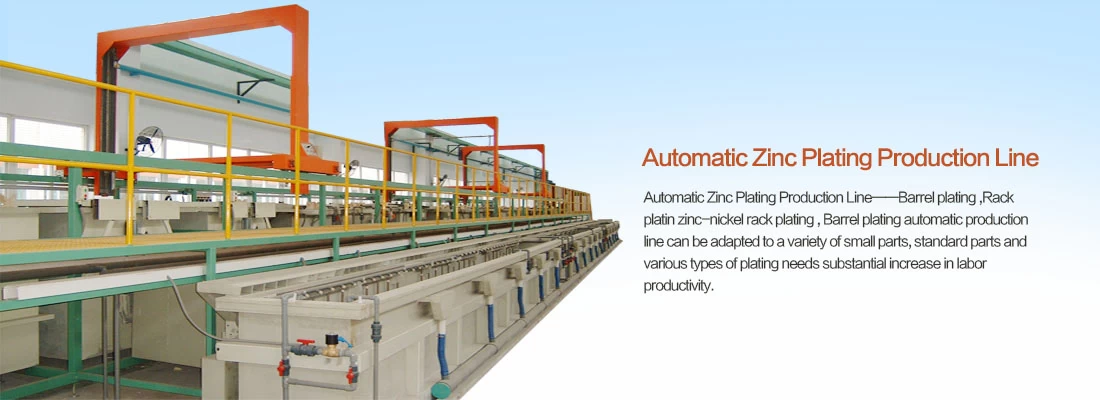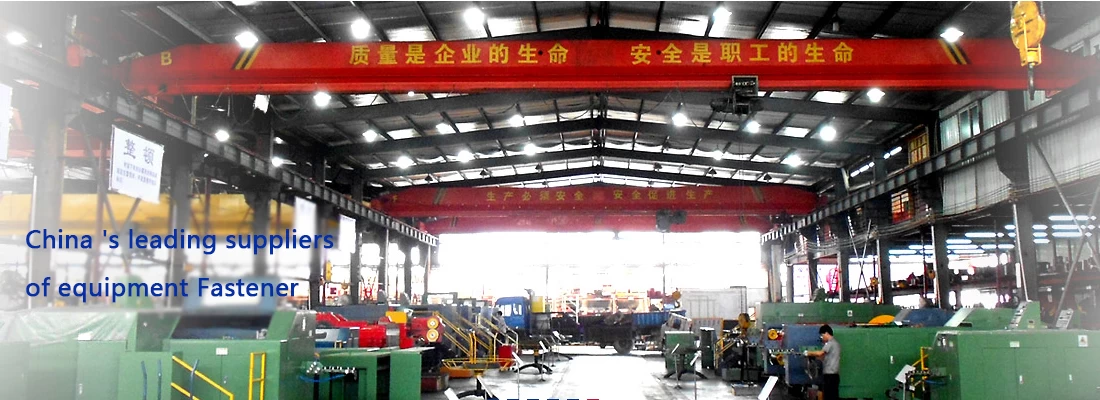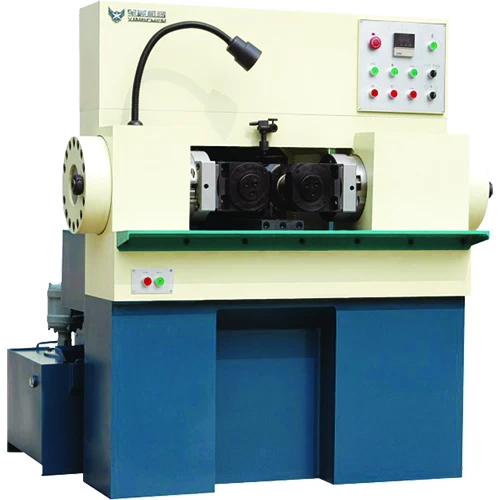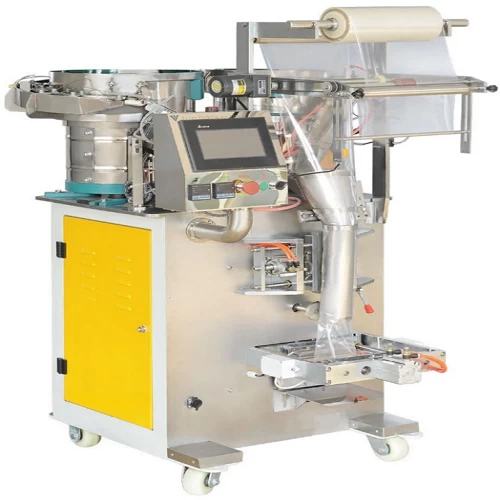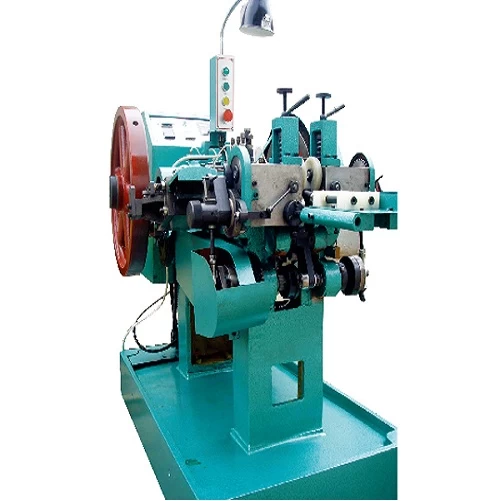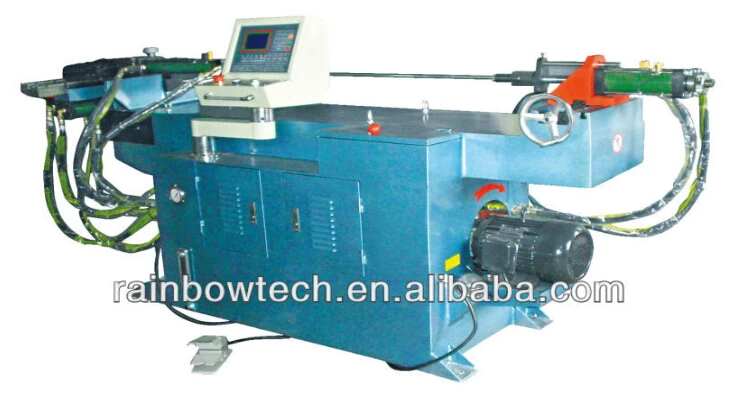Industrial Heat Treatment Furnaces: Precision Heating for Superior Material Properties
What is a Heat Treatment Furnace?
A heat treatment furnace is an industrial heating system designed to alter the physical and mechanical properties of metals and alloys through controlled heating and cooling. Used in industries like automotive, aerospace, tooling, and metallurgy, these furnaces enhance hardness, strength, ductility, and corrosion resistance.
Key Benefits of Heat Treatment Furnaces
✔ Improved Material Performance – Enhances strength, toughness, and wear resistance.
✔ Precision Temperature Control – Ensures uniform heating for consistent results (±1°C accuracy).
✔ Energy Efficiency – Advanced insulation & burner tech reduces power consumption.
✔ Custom Process Flexibility – Supports annealing, quenching, tempering, carburizing, and more.
✔ Longer Component Lifespan – Reduces part failure in high-stress applications.
Types of Heat Treatment Furnaces
1. Batch Furnaces (Intermittent Heating)
- Box Furnaces – Ideal for small to medium batches (e.g., tool steel annealing).
- Car-Bottom Furnaces – Handles heavy/large components (forging, casting).
- Bell Furnaces – Uses a removable cover for gas or vacuum annealing.
2. Continuous Furnaces (High-Volume Processing)
- Roller Hearth Furnaces – Automotive & steel industries (e.g., hardening bearing races).
- Mesh Belt Furnaces – Perfect for small parts (fasteners, washers).
- Pusher Furnaces – Used in large-scale quenching & tempering.
3. Specialized Furnaces
- Vacuum Furnaces – Oxidation-free heating for aerospace & medical implants.
- Induction Furnaces – Ultra-fast localized heating (e.g., gear hardening).
- Salt Bath Furnaces – High-speed surface hardening for cutting tools.
Critical Heat Treatment Processes



